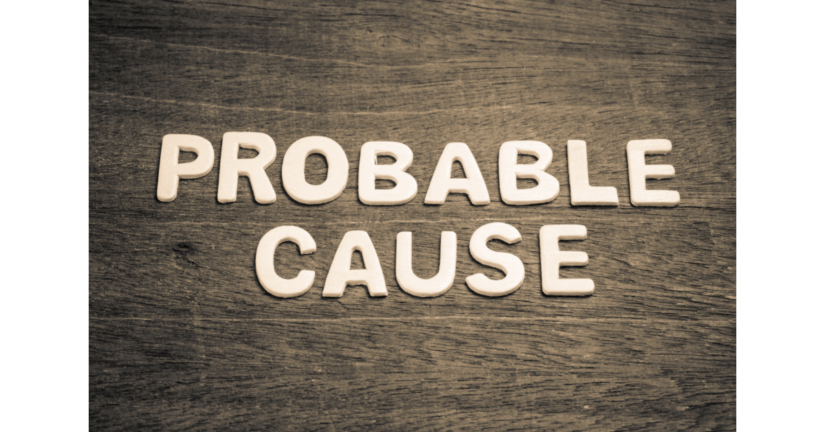Understanding Probable Cause in Criminal Defense Cases
July 12, 2022

According to the Fourth Amendment of the U.S. Constitution, law enforcement must have probable cause before arresting an individual, searching or seizing their property, or obtaining a warrant.
The founding fathers saw fit to include the Fourth Amendment because they recognized how important it was for every citizen to be protected against unreasonable government intrusions.
With that in mind, many Missouri criminal cases are dismissed due to arrests, warrants, searches, and seizures conducted without probable cause. However, challenging probable cause determinations typically requires the knowledge, skill, and experience of a proven lawyer for criminal defense in Jefferson City.
If you believe your rights were violated during an arrest, search, or seizure, it’s essential to consult with an attorney you can trust. Contact Kirsch & Kirsch for your free case evaluation with the best lawyer for criminal defense in Missouri today.
Continue reading to learn more about probable cause in criminal defense cases.
What is Probable Cause?
Probable cause can be defined as the reasonable grounds to arrest, search, seize, or issue a warrant against an individual. That means law enforcement must have a reason (more than suspicion) to take certain actions against a person they believe committed a crime.
Further, the courts can’t issue a warrant based on suspicion alone. A judge must find probable cause before they can issue a warrant. When a warrant is issued, law enforcement is limited to what they can seize based on what the warrant allows.
If law enforcement conducts seizures or searches that are not allowed in the warrant, any evidence they collect may become “exclusionary.” That means illegally obtained evidence can’t be used against you in criminal prosecutions.
How is Probable Cause Determined?
Generally, law enforcement or courts may find probable cause if reasonable information suggests an individual committed a crime. Law enforcement must show objective evidence that shows why they believe a person committed a crime.
With that in mind, a “bad feeling” or “hunch” about a suspect does not qualify as probable cause. Sometimes, even if the police sincerely think they had probable cause to arrest an individual, a judge disagrees and dismisses the case.
It’s important to note that a person can be arrested or have a warrant issued against them, even if they did not commit a crime. For the most part, an arrest or warrant can be substantiated so long as it’s conducted based on probable cause.
Probable Cause Vs Reasonable Suspicion
Probable cause and reasonable suspicion are often used interchangeably. However, it’s essential to note that they are entirely different. Probable cause requires objective circumstances and evidence. In comparison, reasonable suspicion relies on objective facts as well, but only those that allow a reasonable person to believe criminal activity may be occuring; it must be more than a “hunch.”
Police can investigate cases based on reasonable suspicion. If they find probable cause during their investigation, then they can seek a warrant, make an arrest, or conduct a search or seizure. However, no matter how suspicious law enforcement is, they can’t take any of the aforementioned actions without probable cause.
How to Challenge a Probable Cause Determination
Suppose your criminal defense attorney doesn’t believe the police had probable cause to search or arrest you. In that case, they can challenge the probable cause determination. In doing so, your attorney can move to suppress specific evidence and examine the arresting officer to determine whether probable cause existed.
If a judge finds insufficient evidence to warrant probable cause, they can suppress (or throw out) the illegally obtained evidence. That includes illegally obtained evidence used to gain additional proof of a crime.
If your Jefferson City criminal defense lawyer can persuade a judge that there was no reasonable basis for your detainment, stop, search, etc., it will typically lead to decreased or dismissed charges and/or penalties.
However, it’s essential to contact an attorney as soon as possible. The sooner your lawyer can start investigating the circumstances of your arrest, the better chance they have at spotting police errors made during an arrest, search, or seizure.
Contact a Lawyer For Criminal Defense in Missouri
The criminal defense team at Kirsch & Kirsch is dedicated to protecting your rights while seeking the best possible outcome for you and your family. If you’re facing criminal charges in Missouri, we can help. Contact Kirsch & Kirsch today to schedule your free case evaluation with a top-rated criminal defense lawyer in Missouri.